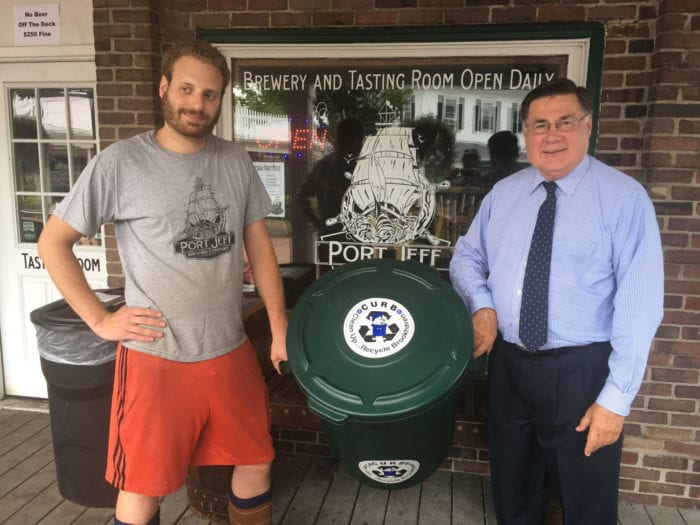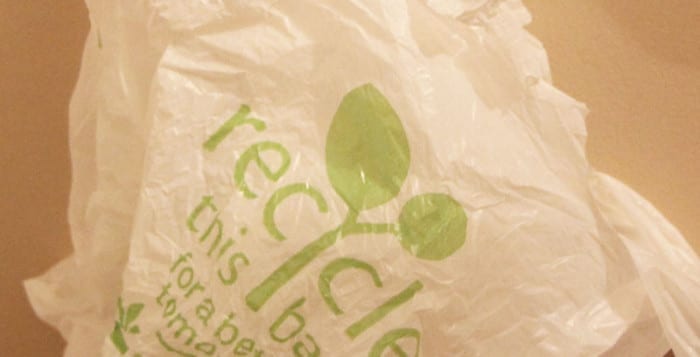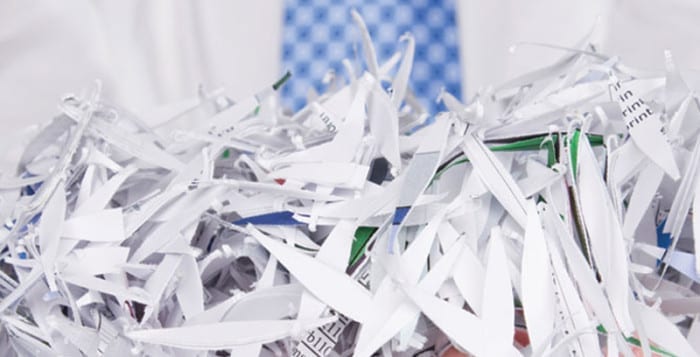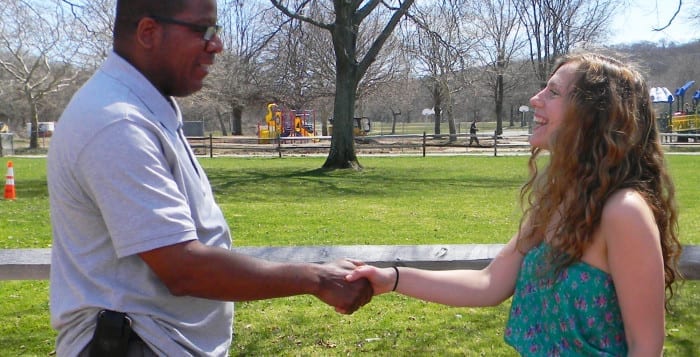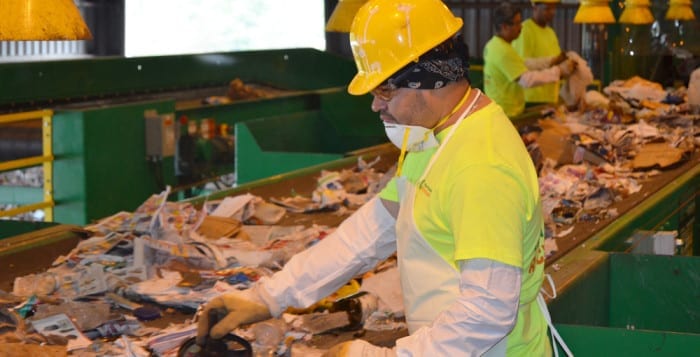When done drinking a bottled water or soda, we usually make a conscious effort to get it into a recycling bin. No further thought given, our good deed is done. We’ve recycled the plastic bottle rather than throwing it out to sit in a landfill.
The photos released that clearly show the Town of Brookhaven’s Green Stream Recycling facility was nearly buried in mountains of collected recyclables from the residents of Brookhaven, Smithtown and Huntington townships this August are shocking. It should serve as an alarming wake-up call.
This is a direct result of China implementing its National Sword policy to ban the import of recycled plastics. The visual impact of recyclables piling up like trash, and learning some items are now being sent to the landfill, have led us to the conclusion this is an issue that requires careful thought and attention.
We, and we’re sure many of our readers, have lived with the presumption our recycled plastic bottles, aluminum cans and used paper were sorted, cleaned and reformed into reusable materials locally. However, we were blissfully unaware that China imported nearly half of the world’s recyclables to turn into raw goods through its manufacturing economy.
Now, with changing international trade policy, shipping our recyclables — or honestly, still household garbage — halfway around the world is no longer an option. Suffolk County’s townships are struggling to figure out a new way to handle the piles of debris. Finding a new market for these recycled raw materials will pose an obvious challenge. Striking a balance of recycling items beneficial from a fiscal and economic viewpoint while weighing environmental impact is a challenge on the horizon as well.
One of Brookhaven’s recycling staff suggested Suffolk residents need to be more discerning. Get back to the basics of checking plastic bottles for a number inside a triangular arrow on the bottom and rinse all containers out first. It will help improve the value of the recycled material we are trying to sell in a drastically reduced global market.
It’s a good first step. But we need take it one step further.
The most direct way we, as individuals, can help provide a solution to the problem is to cut back on our dependency on one-time use items. It’s been said for years, but we truly need to start regularly grabbing a refillable water bottle rather than a disposable. Think about taking up the “hipster” trend of using Mason jars to store food. Go back to old-fashioned, but traditional Pyrex to store leftovers instead of limited-use thin plastic containers.
These small changes may seem hard at first, but we have proof it’s possible. Sure, every Suffolk resident balked at the idea of paying 5 cents for a plastic bag at retail stores when the policy was implemented in January. In less than a year, it’s seemed to have had a dramatic effect in changing behaviors. Many shoppers now simply carry their own reusable canvas and plastic bags.
Permanent change is necessary if we don’t want to be buried up to our necks in trash on Long Island. Smithtown Supervisor Ed Wehrheim (R) has predicted a “garbage crisis” within the next seven to eight years as Brookhaven looks to close its landfill. Let’s be part of the solution, and not the problem. Let’s focus on using reusable products, not recyclable or disposable.

